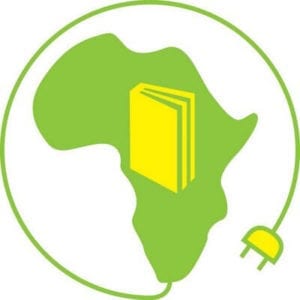Evolution of the early grade reading assessment over the past ten years

This is an excerpt from a longer article that appeared in the April 2016 newsletter of Applied Linguistics and Literacy in Africa and the Diaspora Research Network. To read the full article from Mary Faith Mount-Cors, check it out at renafrica.org.
At the Comparative and International Education Society (CIES) meeting in Vancouver in March 2016, I had the pleasure of meeting Bonny Norton of the University of British Columbia. She asked if I would like to provide a newsletter entry on the Early Grade Reading Assessment (EGRA), its purpose, how to access and use it, and also my own experience of it.
EGRA purpose
The USAID (United States Agency for International Development)-funded EdData II team at RTI International developed the EGRA methodology. The EGRA test has been used over the past ten years in over 65 countries and in over 100 languages by RTI International and many other USAID implementing partners as well as by other donors. EGRA is an individually administered oral assessment requiring about 15 minutes per child. It is designed to assess the most basic foundation skills for literacy acquisition in early grades, including pre-reading skills such as listening comprehension. The test includes timed, 1-minute assessments of letter naming, nonsense and familiar words, and paragraph reading. Additional (untimed) segments include comprehension, relationship to print, and dictation.
My own experience of EGRA
In my book, Global Literacy in Local Learning Contexts: Connecting Home and School, to be published by Routledge in 2016, I used data from schools in Kenya where a large EGRA pilot was done by RTI International and USAID in 2006. I conducted quantitative analyses on a 2006 coastal Kenya dataset that set up my field research in 2009 with mothers of second grade children who had been in the reading program and been assessed for reading progress using EGRA. In my book, sociocultural literacy frameworks face off with technicist frameworks as I ask questions about health and home as connected or disconnected with literacy learning in the case of these EGRA schools. I used sample matching on the EGRA dataset across more than 20 schools in coastal Kenya and then chose three schools for primary research with low, mid, and higher reading progress over the 9 months of the early grade reading program. I then framed my recommendations for dual-generation approaches to literacy learning for children. EGRA ten years ago perhaps did not generally attend to sociocultural facets of literacy, such as languages, economic situation, home care configuration, and physical and health environment, which I was looking at in my research.
Parent Involvement
Much growth in how USAID’s reading movement looks at literacy has occurred over these past ten years. In part due to what EGRA demonstrated about low reading levels in countries where it was used and also by what factors originally ignored in those contexts, much more about how a child forms early literacy skills has now been brought to the fore. This fuller understanding can be seen currently in USAID reading programs and solicitations. Currently, USAID solicitations under Assistance to Basic Education: All Children Reading have three broad outcome areas: classroom instruction, national policy, and parent and community engagement. Within these areas, it is now understood that while an assessment tool and a classroom instruction package are critical for knowing where a school population and perhaps a nation as a whole are with reading ability and in focusing on reading with teachers and students, it is not enough. Parents need to be connected to their children’s reading programs and reading abilities. Communities need to support reading as endemic and essential within their cultural practices. This means also understanding how social practices build literacy through talking and describing, in addition to connecting to text, from an early age.
At EdIntersect, LLC, we have recently worked on EGRA research including training enumerators, adapting instruments, collecting data, and analyzing results in Zimbabwe and submitted a proposal for EGRA research in Senegal.
